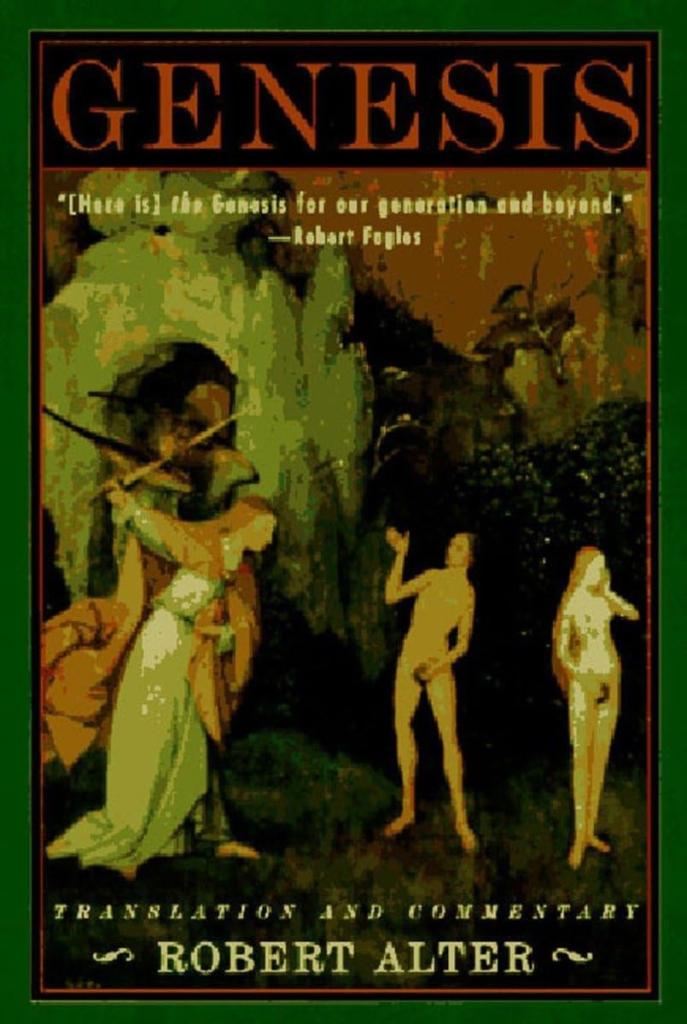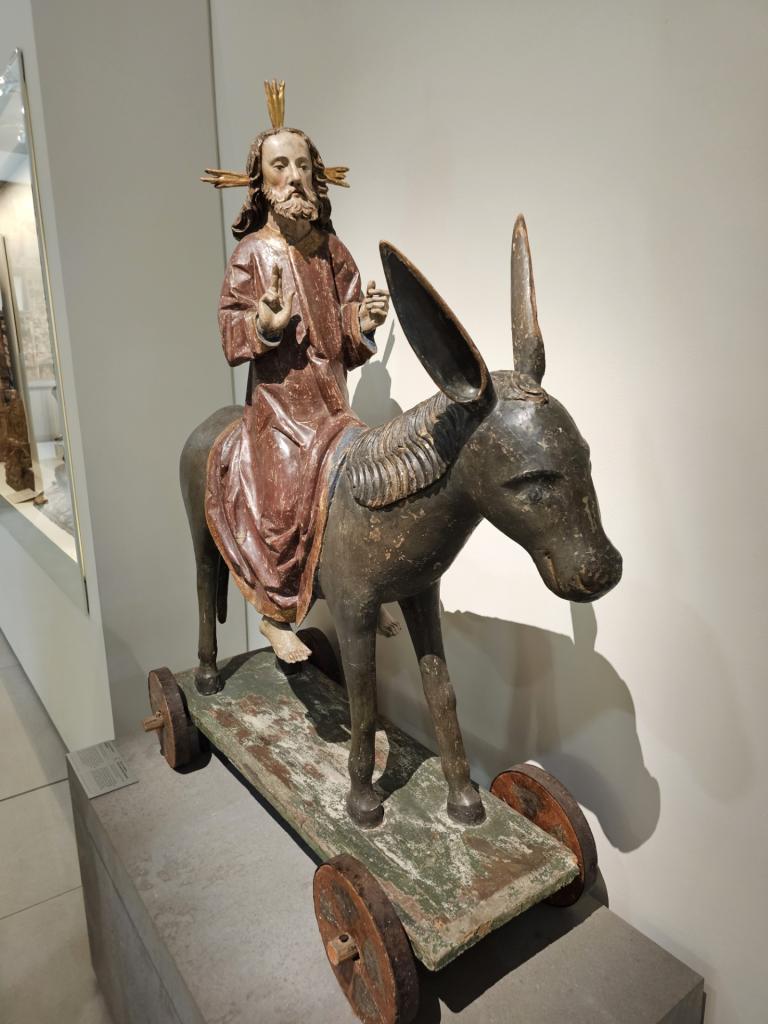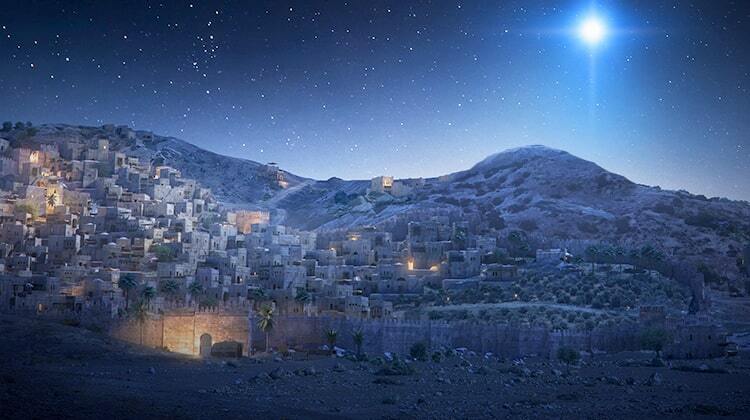What Difference Can a Literal Translation Make– Part Five December 22, 2024 Ben Witherington
Chapter 5 begins with a lengthy genealogy with this preamble, or re-run– “This is the book/scroll of the lineage of Adam: On the day God created the human in the image of God He created him, male and female He created them, and he blessed them and called their name humankind on the day they were created. And Adam lived a hundred and thirty years and he begot in his likeness by his image and called his name Seth. The rest of the genealogy is very formulaic, it mentions procreation of the next generation and then tells how long someone lived after that act, until we get to Enoch, and as Alter says, the change is very significant. The text reads beginning at 5.21: “And Enoch walked with God after he begot Methuselah three hundred years and he begot sons and daughters. And all the days of Enoch were three hundred and sixty five years. And Enoch walked with God and he was no more, for God took him.” It is significant that Lamech is the very last of the antediluvians, and the father of the one who, with his family would survive the flood– Noah. Lamech is famous for talking about taking revenge 7 times 70, and there is an echo of the ‘sevenfold revenge’ to be taken if someone harms Cain with his mark on his body. This becomes even more significant when in Matt. 19 Peter asks Jesus if he must forgive his brother who sins against him seven times, and Jesus says seven times seventy— using the same number as Lamech. In short, Jesus is reversing the cycle of violence, by offering that much forgiveness. But it is Lamech and his ilk, with their sin and destructive ways that leads God to regret he created humanity, and to decide to cause a massive flood, and in essence start over with Noah and family thereafter. Noah lives 777 years and unlike his predecessors becomes a father at the age of 500, which makes for the tenth of ten generations. A millenium is the age various of the antediluvians almost live to, but never attain, making clear even they are mortal. BTW, there is no pattern of gradually decreasing age lengths due to the Fall, but all fall short of 1,000 years of life.
Sometimes names definitely connote something about a person’s nature and we are told at Gen. 5. 29 “And he called his name Noah, to make clear ‘this one will console us for the pain of our hands.” Nahem is Hebrew for console and so Noah’s name plays on that word. This name could perhaps foreshadow that after the flood Noah would be the first cultivator of grapes, and so of wine. Note Prov. 31.6-7 wine consoles a poor person giving them respite from the drudgery of their labor. This seems to be the correct interpretation because Gen. 3.17-18 is deliberately echoed here. The phrase ‘pain of our hands’ is found only here, and for Eve and Adam. More common is ‘the work of our hands’ and in either case, the allusion is to the curse on the ground which makes producing crops hard work, causing ‘pain of the hands’.











 English (US) ·
English (US) ·